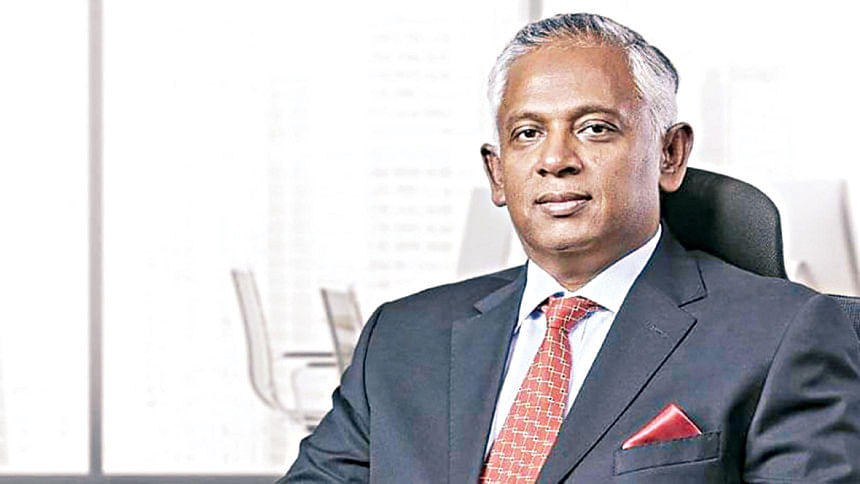Youthless Bangladesh, brainless future

Arif left for Australia, declaring he would "be a manager within months". True enough, he now proudly manages the dishwashing section at a bustling café. He even has a team: two other part-timers and an industrial sink. Back home, his family tells neighbours he is in hospitality management, and technically, no one can say they are lying!
Our numbers do not lie, but they do make you want to sit in a corner and cry softly. According to the British Council's 2023-24 survey, 55 percent of Bangladeshi youth aspire to work or study abroad. Each year, about 650,000 young people enter the job market, only to find it as crowded as a Dhaka bus during the Eid rush. Meanwhile, over 7.4 million Bangladeshis now live abroad, sending home a record $23 billion last year. And student migration? From a modest 16,800 in 2008 to over 52,000 in 2023, because apparently our departure lounge is the country's most reliable growth industry.
The reasons are not hard to see. At home, job creation struggles to match the growing number of graduates. Salaries often fall short of meeting basic aspirations, career progression is slow, and workplace cultures can be discouraging, with merit taking a back seat to influence and connections. Many young people feel their education has left them ill-prepared for real market demands, and even in sectors with potential, they remain underpaid and undervalued. The lingering social taboo against vocational work further narrows the options.
Overseas, the picture looks different. Higher wages, safer working conditions, structured career paths and exposure to advanced technologies present an attractive alternative. There is also the intangible but powerful lure of social status; working abroad is often seen as a mark of achievement, with remittances carrying not only financial value but also pride and prestige within families and communities.
Ironically, developed countries with ageing populations are actively seeking the very talent we are losing. Japan now sells more adult nappies than baby ones, while much of Western Europe faces the challenge of sustaining economies with shrinking workforces. For them, our young professionals are not running away; they are arriving as much-needed reinforcements.
Remittances help our foreign exchange reserves from collapsing, but brain drain does not just empty offices; it empties the future. Soon, our middle managers will be speaking in Australian accents over Zoom from Sydney, while the only young faces in local offices are interns tracking their IELTS result dates. The talent gap will not just slow us down; it will hand economic opportunities to neighbouring countries eager to cash in.
The steady outflow of young, educated talent weakens our capacity to innovate, build industries and develop home-grown leaders. If this continues unchecked, we risk becoming a nation where ageing managers staff offices, while the younger generation is represented mainly in the departure queues at the airport. In the process, we give neighbouring countries the chance to fill the gap and take billions of dollars from us, as has happened before.
Addressing this requires more than appeals to patriotism. It calls for serious investment in creating high-value jobs in technology, manufacturing and services; removing bureaucratic barriers that choke new businesses; aligning education more closely with industry needs; and offering competitive pay and benefits so that staying in Bangladesh is not seen as settling for less. If our politicians and bureaucrats truly understood the urgency and led by example, it could shift mindsets nationwide. However, asking them to do so might be a plot twist worthy of its own drama series.
If conditions for growth, opportunity and fair reward can be built at home, the desire to leave may no longer feel like the only path to success. Otherwise, "Youthless Bangladesh" will not just be a phrase; it will be a reality we watch unfold in real time.
The writer is the president of the Institute of Cost and Management Accountants of Bangladesh and founder of BuildCon Consultancies Ltd

 For all latest news, follow The Daily Star's Google News channel.
For all latest news, follow The Daily Star's Google News channel. 










Comments